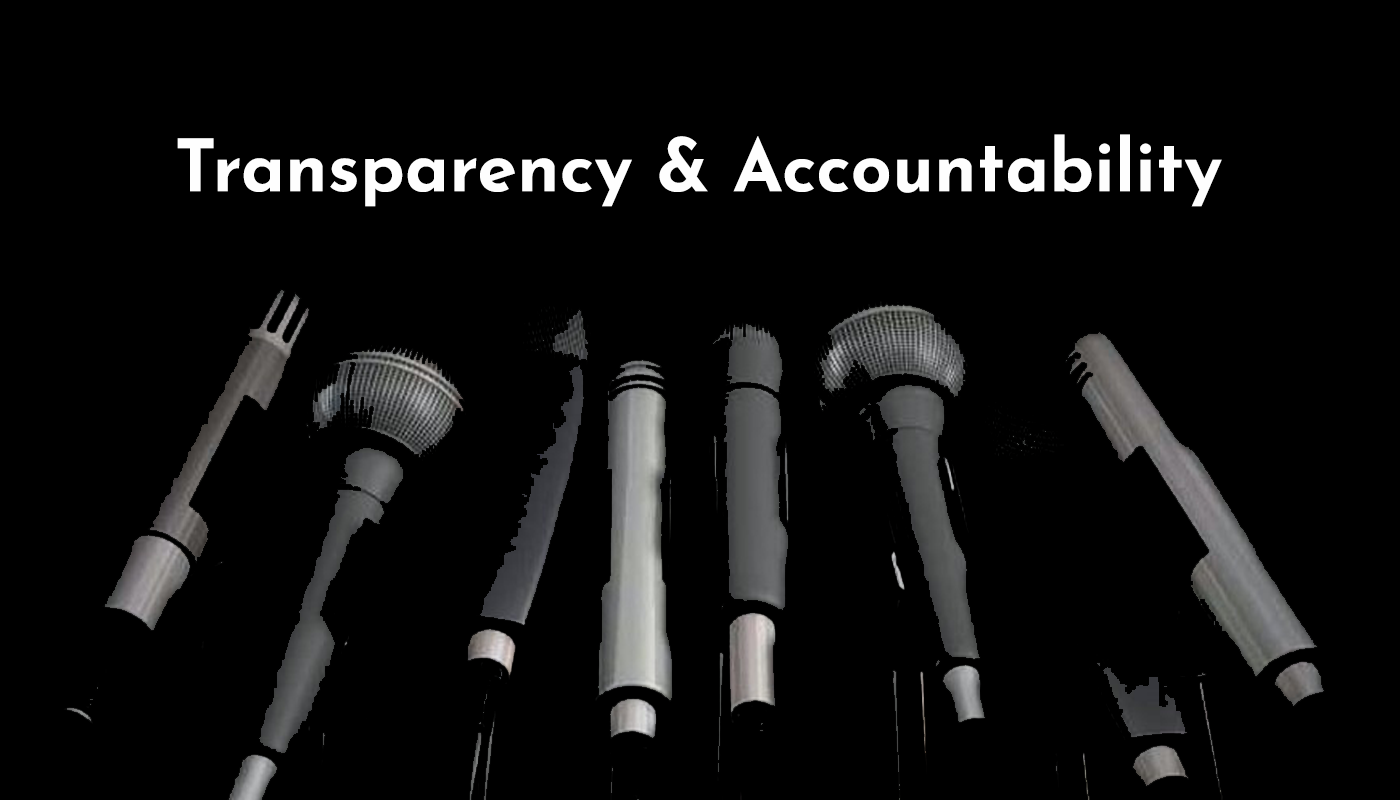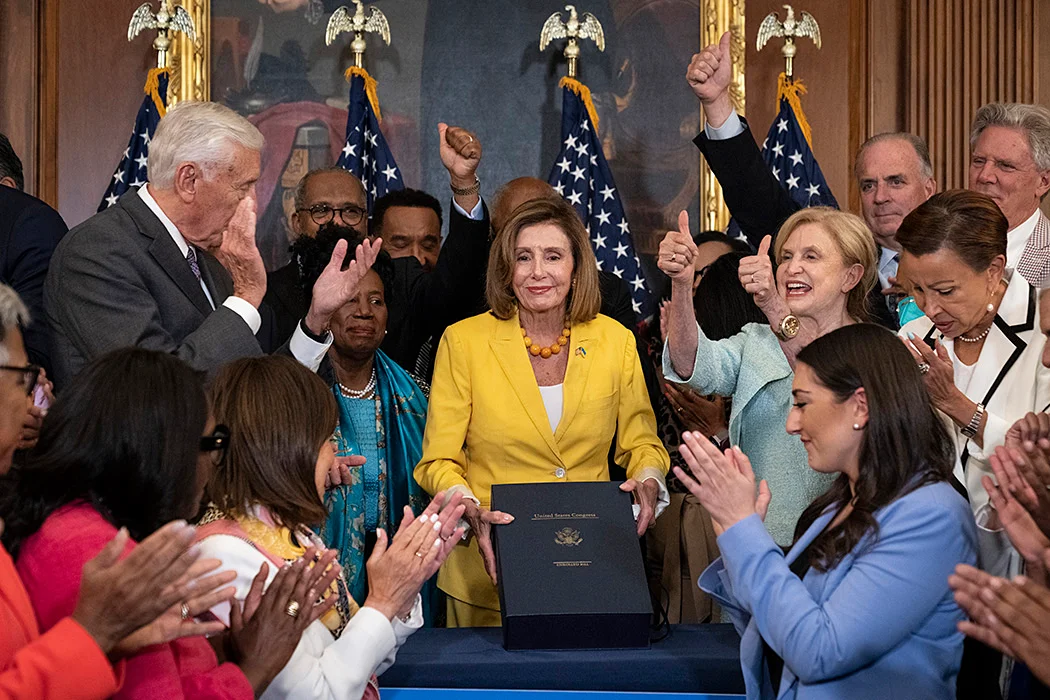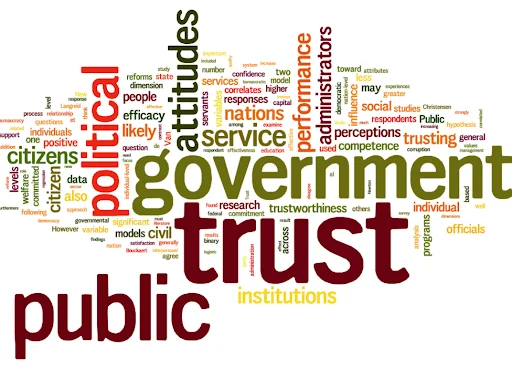Exploring the Significance of Political Transparency
Explore the significance of political transparency and accountability in this insightful blog. Discover why political transparency is crucial for a better democracy.

The Pillars of Democracy: Transparency and Accountability in Politics
In the ever-evolving landscape of governance and politics, the importance of transparency and accountability cannot be overstated. These two principles are the cornerstone of a healthy and functioning democracy. They ensure that the government remains accountable to its citizens, fostering trust and legitimacy in the political system. In this blog post, we will explore the significance of transparency and accountability in politics, drawing insights from US political news, state and world politics, international political news, upcoming political events, and political campaign strategies.
Transparency: The Bedrock of Democracy
Transparency in governance and politics refers to the openness and accessibility of information related to government activities and decisions. It is the key to ensuring that the actions of elected officials and public servants are subject to public scrutiny. In today's age of information, where political news is disseminated instantly through various media outlets, transparency has become more critical than ever.
Enhanced Trust: Transparency fosters trust between the government and its citizens. When political leaders and institutions are open about their actions, citizens are more likely to believe that their interests are being served.
Informed Decision-Making: A well-informed electorate is essential for democracy to thrive. Transparency allows citizens to make informed decisions, not only during elections but also in their daily lives as they navigate the complexities of public policy.
Prevention of Corruption: Transparency acts as a powerful deterrent against corruption. When government activities are conducted in the public eye, there is less room for illicit practices to flourish.
Accountability: It holds public officials accountable for their actions. When citizens can access information about what their representatives are doing, they can demand accountability for any wrongdoing.
US Political News and Transparency
The United States, often considered a beacon of democracy, places a high value on transparency in its political system. Recent US political news stories highlight the importance of this principle.
One such instance is the Freedom of Information Act (FOIA), which allows citizens to request access to federal agency records. This act promotes transparency by ensuring that government documents are accessible to the public, with certain exceptions to protect national security and individual privacy.
Accountability: The Check and Balance
Accountability goes hand in hand with transparency. While transparency makes information accessible, accountability ensures that there are consequences for actions taken by public officials.
Checks and Balances: Accountability mechanisms, such as oversight committees and investigative journalism, serve as checks and balances on the government's power.
Responsible Decision-Making: Knowing that their decisions will be scrutinized, politicians are incentivized to make responsible choices that align with the interests of their constituents.
Legal Frameworks: Accountability is often enforced through legal frameworks. For example, impeachment proceedings can be initiated against a sitting US president if they are found to have committed "high crimes and misdemeanors."
State and World Politics
The principles of transparency and accountability are not limited to national politics. They extend to state and world politics as well. At the state level, transparency in local governance ensures that taxpayers' money is spent wisely and that policies are enacted in the public interest.
In the realm of world politics, transparency and accountability are crucial for international cooperation and diplomacy. Treaties and agreements are made with the expectation that nations will adhere to their commitments. Without accountability, the global political landscape would be characterized by chaos and mistrust.
International Political News and Upcoming Political Events
International political news often highlights the successes and failures of transparency and accountability on the global stage. For instance, the United Nations relies on transparency to build trust among member states and to address global challenges like climate change and human rights abuses.
Upcoming political events, such as elections and international summits, are opportunities for citizens and governments alike to assess the transparency and accountability of their political systems. Voters can use these events to hold politicians accountable for their promises, while international leaders can work together to promote transparency in global affairs.
Political Campaign Strategies
Political campaign strategies play a pivotal role in the democratic process. Candidates who commit to transparent and accountable campaigns are more likely to earn the trust of voters. This trust can translate into electoral success.
Disclosure of Funding Sources: Transparent campaign financing is essential to prevent undue influence from special interest groups. Voters deserve to know who is funding a candidate's campaign.
Fact-Based Campaigning: Campaigns that rely on accurate information and fact-based arguments contribute to a healthy political discourse. Misleading or false statements erode trust and accountability.
Debate and Discussion: Political candidates should be willing to engage in debates and discussions that allow voters to assess their positions on important issues. These forums promote transparency and help voters make informed choices.
Challenges to Transparency and Accountability
While the importance of transparency and accountability in politics is clear, it's crucial to acknowledge that achieving and maintaining these principles can be challenging. Various obstacles can hinder their effective implementation.
Secrecy and Classified Information: National security concerns sometimes necessitate keeping certain information classified. Striking a balance between national security and transparency can be a delicate task.
Political Polarization: In polarized political environments, accountability can become a casualty as partisanship may overshadow objective scrutiny. The focus may shift from holding leaders accountable to defending or attacking them based on party lines.
Lack of Enforcement: Even when transparency laws exist, their enforcement may be lacking. Weak enforcement mechanisms can render transparency measures toothless, allowing non-compliance to go unchecked.
Media Influence: Media outlets have a significant role in holding politicians accountable. However, media ownership, bias, and sensationalism can sometimes undermine their ability to objectively report on political matters.
Erosion of Trust: Repeated instances of political corruption or unethical behavior can erode public trust in the political system, making it more challenging to hold politicians accountable.
The Role of Citizens
Transparency and accountability are not solely the responsibility of politicians and government institutions. Citizens play a pivotal role in ensuring these principles are upheld.
Engagement: Informed and engaged citizens are more likely to demand transparency and hold their representatives accountable. This engagement can take various forms, from attending town hall meetings to participating in protests or grassroots organizations.
Voting: Elections provide a direct mechanism for citizens to hold politicians accountable. By voting for candidates who prioritize transparency and accountability, citizens send a clear message about their expectations.
Advocacy: Advocacy groups and civil society organizations can be powerful forces for accountability. They can investigate issues, lobby for transparency legislation, and bring public attention to matters of concern.
Media Literacy: Citizens should be media literate, capable of discerning between reliable and unreliable sources of information. A well-informed citizenry is more effective at holding politicians accountable.
Transparency and accountability are not abstract concepts but practical tools that ensure the effectiveness and integrity of governance and politics. They are essential for maintaining the trust of citizens, preventing corruption, and upholding the principles of democracy. In the fast-paced world of politics, where information flows freely through US political news, state and world politics, international political news, and upcoming political events, these principles remain the bedrock upon which democratic societies are built.
As we move forward, it's imperative that we not only advocate for transparency and accountability but also actively participate in the democratic process. By doing so, we can help build a political landscape that truly serves the interests of the people and embodies the ideals of democracy for generations to come. In the face of challenges, the commitment to these principles remains our best hope for a more just and accountable political future.
What's Your Reaction?

















